Science Studies Weekly is really a comprehensive curriculum resource made to engage students in hands-on, inquiry-based learning experiences that align with state and national science standards. Because educators strive to enhance science education and foster any deeper understanding of scientific models, teacher perspectives on the setup and integration of Science Studies Weekly into in-class instruction are invaluable. In this posting, we explore insights coming from educators who have used Science Studies Weekly in their classrooms, highlighting effective strategies for rendering and integration that advertise student engagement, critical considering, and scientific literacy.
One of many key strengths of Science Studies Weekly is their emphasis on inquiry-based learning in addition to hands-on exploration, which align with best practices in scientific disciplines education. By providing students with opportunities to observe, question, and investigate scientific phenomena, Technology Studies Weekly fosters interest, creativity, and a sense associated with wonder about the natural world. Educators that have used Science Studies Regular in their classrooms emphasize the value of incorporating hands-on activities, tests, and investigations that make it possible for students to apply scientific concepts in meaningful ways along with develop essential skills for instance observation, data collection, and also analysis.
Moreover, Science Scientific studies Weekly offers a rich assortment of resources, including articles, videos, simulations, and interactive pursuits, that cater to diverse mastering styles and preferences. Educators can leverage these assets to differentiate instruction, scaffold learning, and meet the needs of different learners in their classrooms. Like visual learners may benefit from watching videos or action that illustrate scientific models, while kinesthetic learners could prefer hands-on activities along with check this link right here now experiments that allow them to use materials and explore concepts through direct experience.
In addition to its focus on inquiry-based understanding and multimodal resources, Technology Studies Weekly provides opportunities for cross-curricular integration in addition to real-world connections, enhancing the actual relevance and applicability connected with science concepts to students’ lives. Educators can incorporate Science Studies Weekly in to other subject areas, such as vocabulary arts, social studies, and mathematics, by incorporating interdisciplinary projects, looking at assignments, and writing jobs that reinforce scientific models and skills. For example , learners may read informational text messaging about environmental issues in addition to write persuasive essays advocating for conservation efforts, or maybe they may analyze data by scientific investigations and create equity graphs and charts to represent all their findings.
Furthermore, Science Studies Weekly offers flexibility and adaptableness, allowing educators to personalize and tailor instruction to fulfill the unique needs and pursuits of their students. Educators can select specific topics, products, or activities from Research Studies Weekly that arrange with their curriculum goals and standards, providing opportunities regarding personalized learning and differentiated instruction. By incorporating student option and voice into the programs, educators can increase scholar engagement and ownership of these learning, fostering a sense of autonomy and empowerment in the classroom.
Successful implementation of Science Scientific studies Weekly also requires thoughtful planning, collaboration, and on-going professional development to support tutors in effectively integrating the actual curriculum into their instruction. Teachers should collaborate with friends, curriculum specialists, and instructional coaches to align Science Experiments Weekly with district curriculum standards and instructional goals, ensuring coherence and uniformity across grade levels in addition to subject areas. Moreover, educators need to participate in professional development work spaces, webinars, and training sessions which is available from Science Studies Weekly to deepen their understanding of the curriculum and learn new training strategies and best practices with regard to implementation.
In conclusion, teacher views on the implementation and incorporation of Science Studies Once a week into classroom instruction present valuable insights and approaches for enhancing science education along with promoting student engagement, critical thinking, and scientific literacy. By leveraging the inquiry-based approach, multimodal resources, cross-curricular connections, and flexibility of Science Studies Weekly, educators can create rich and immersive studying experiences that inspire intense curiosity, foster creativity, and enable students to become lifelong enrollees and informed citizens within an increasingly complex and interconnected world. As educators carry on and refine and adapt their very own instructional practices, the potential for Technology Studies Weekly to transform technology education and inspire the next generation involving scientists, engineers, and leaders is boundless.

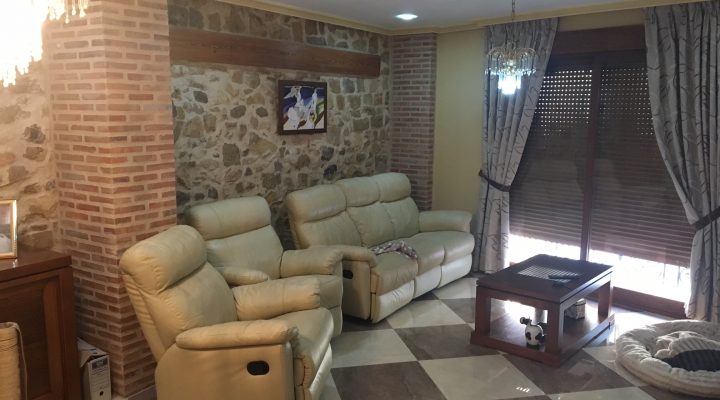
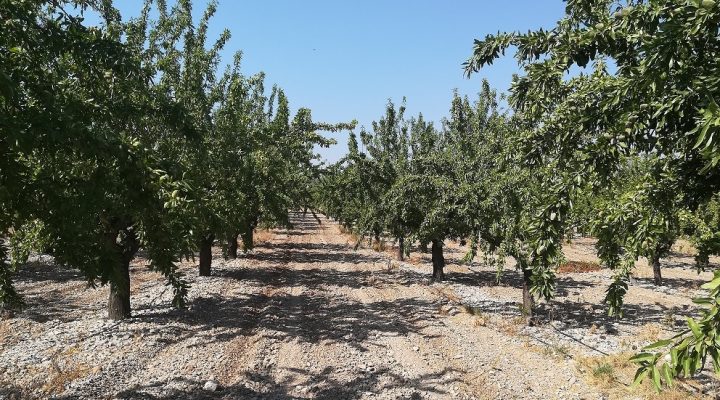

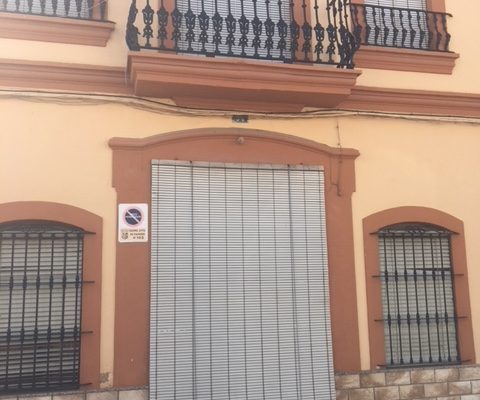
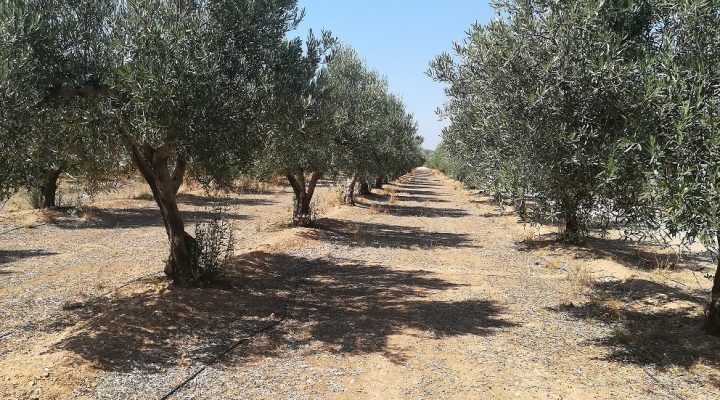
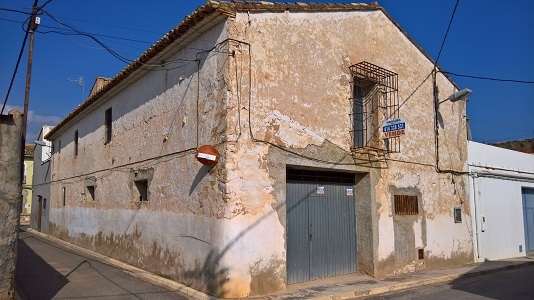

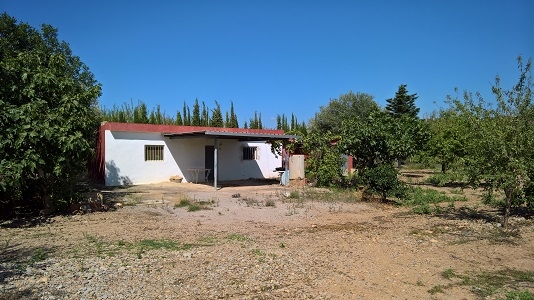
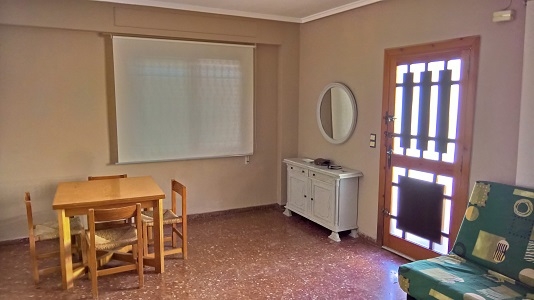
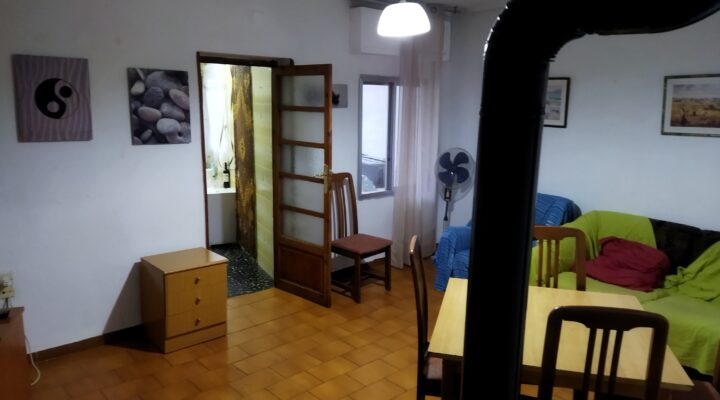
Compartir